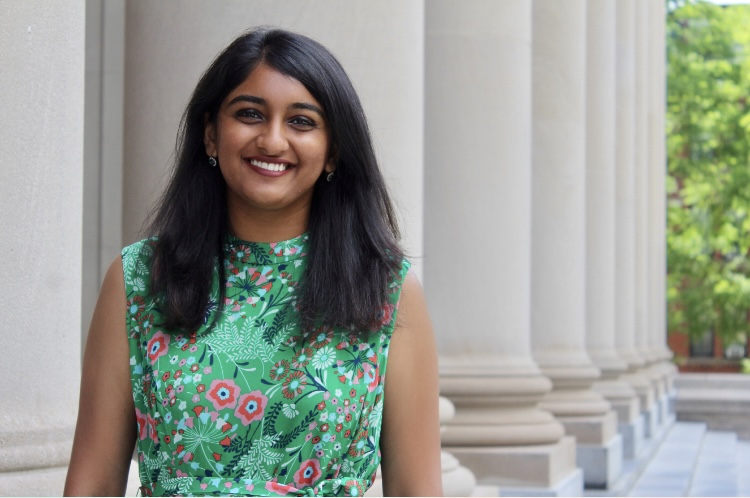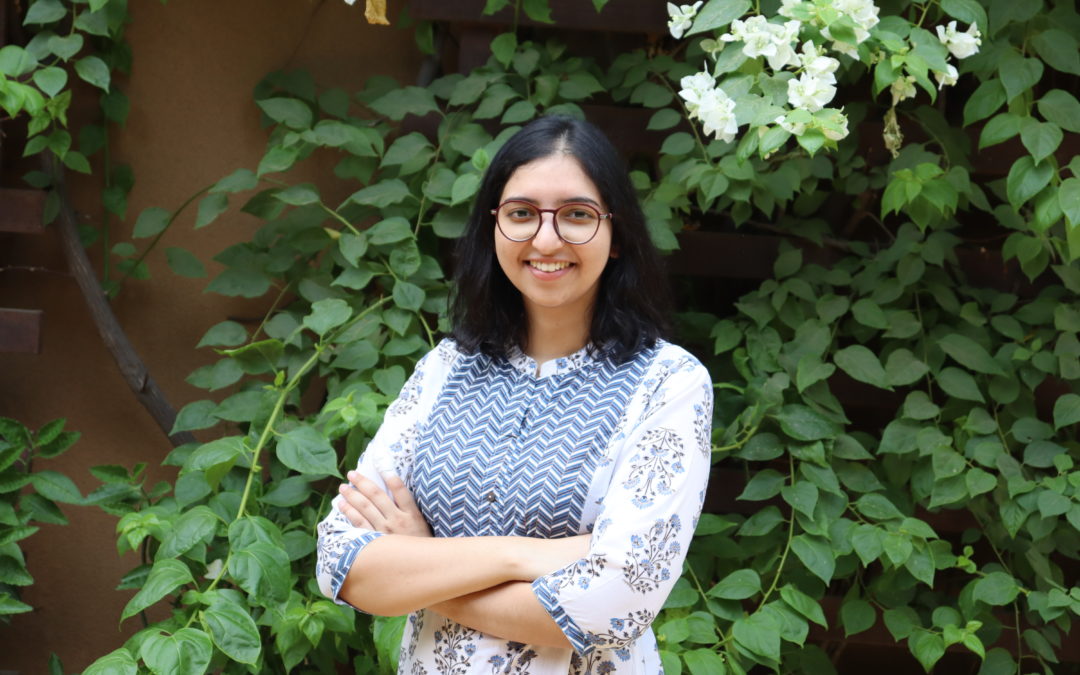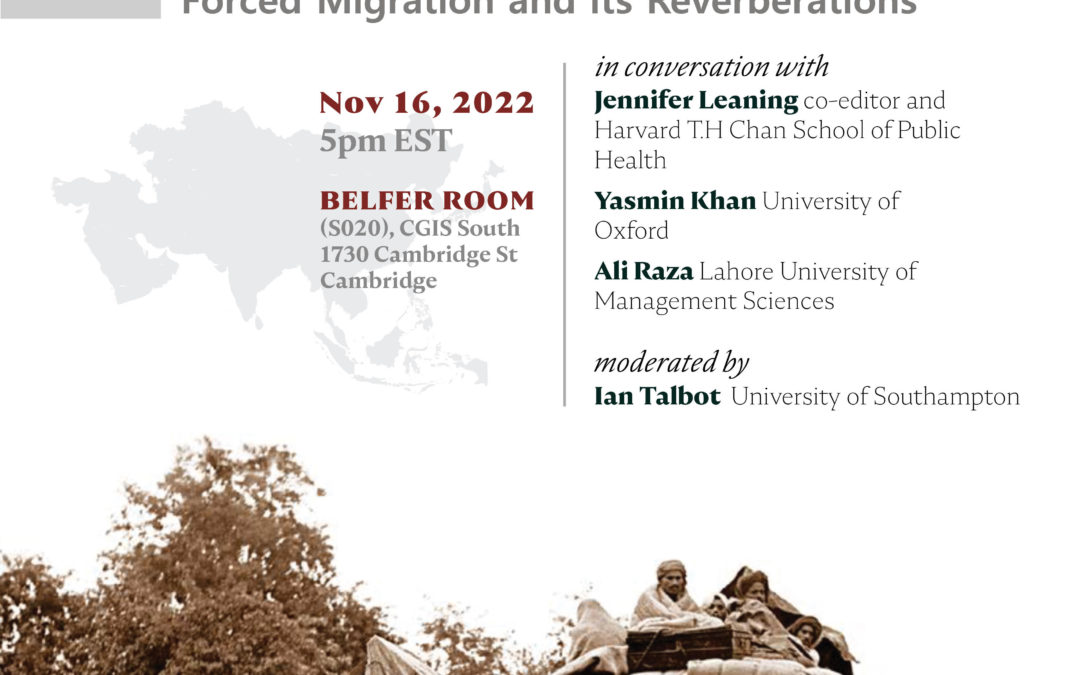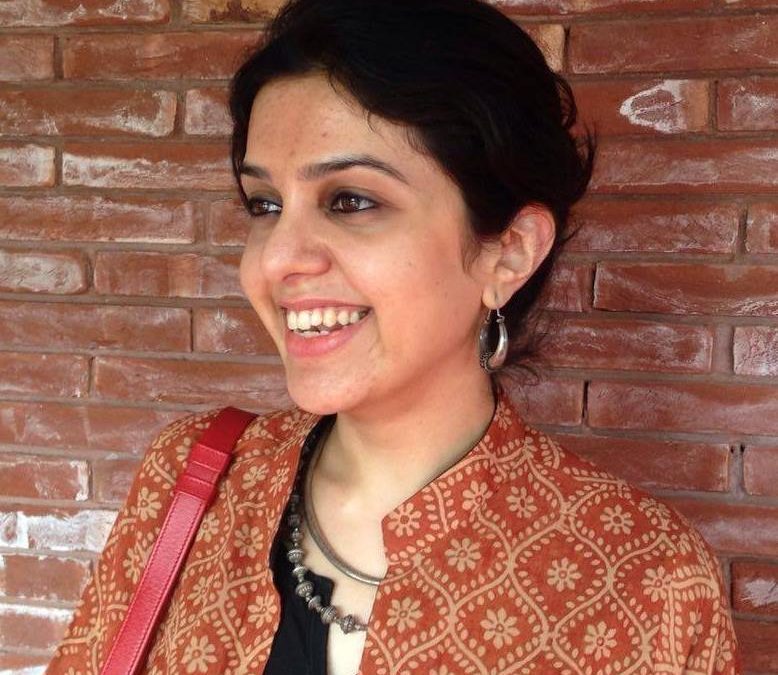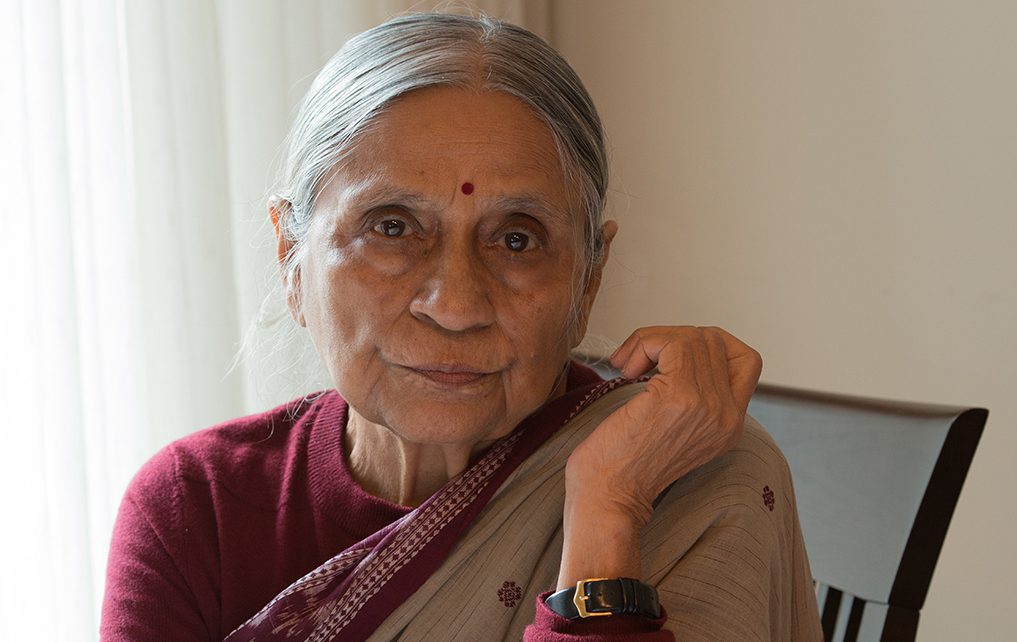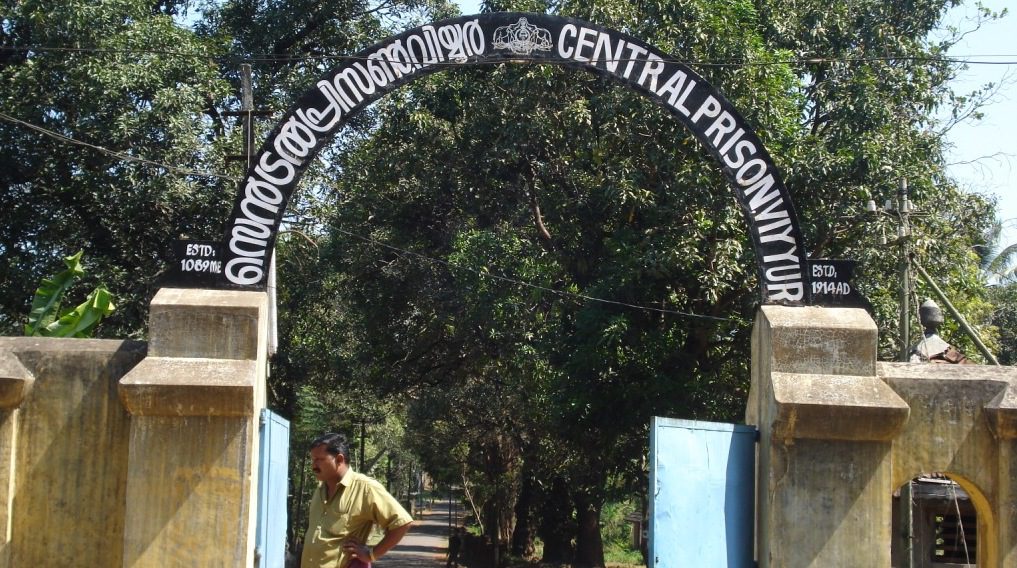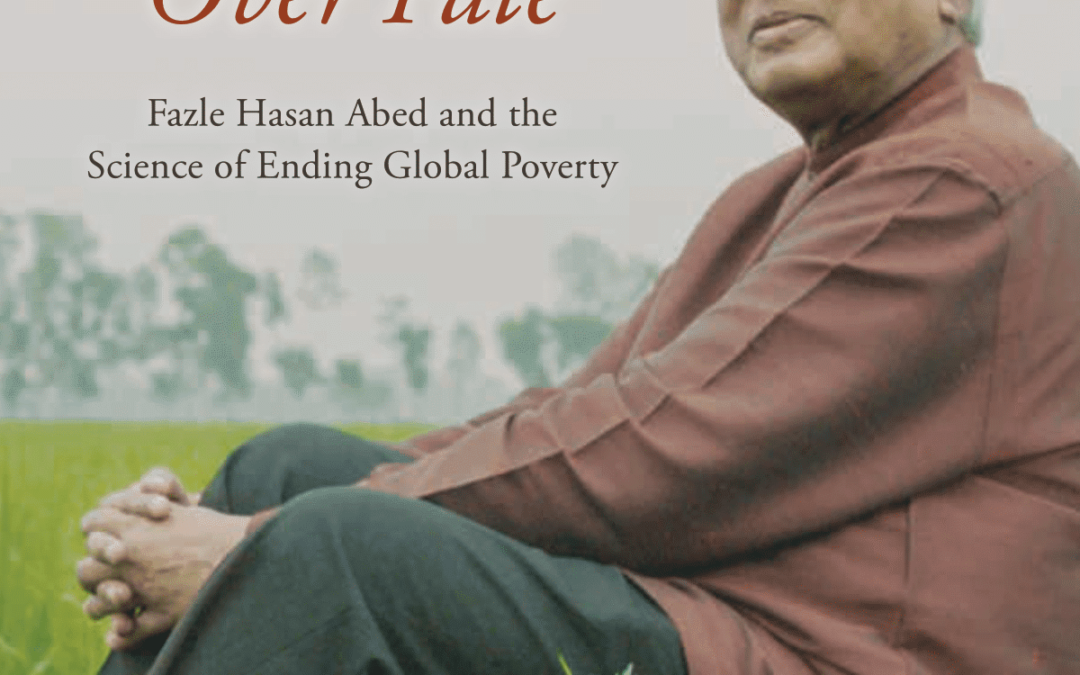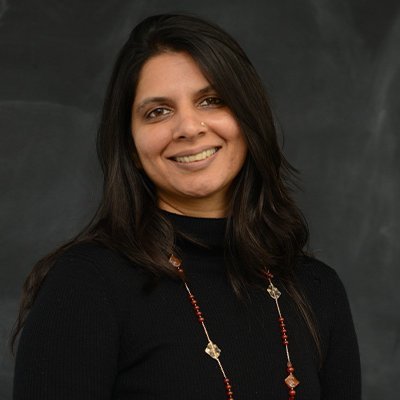LMSAI Delhi Office Welcomes Monika Setia as Associate Country Director
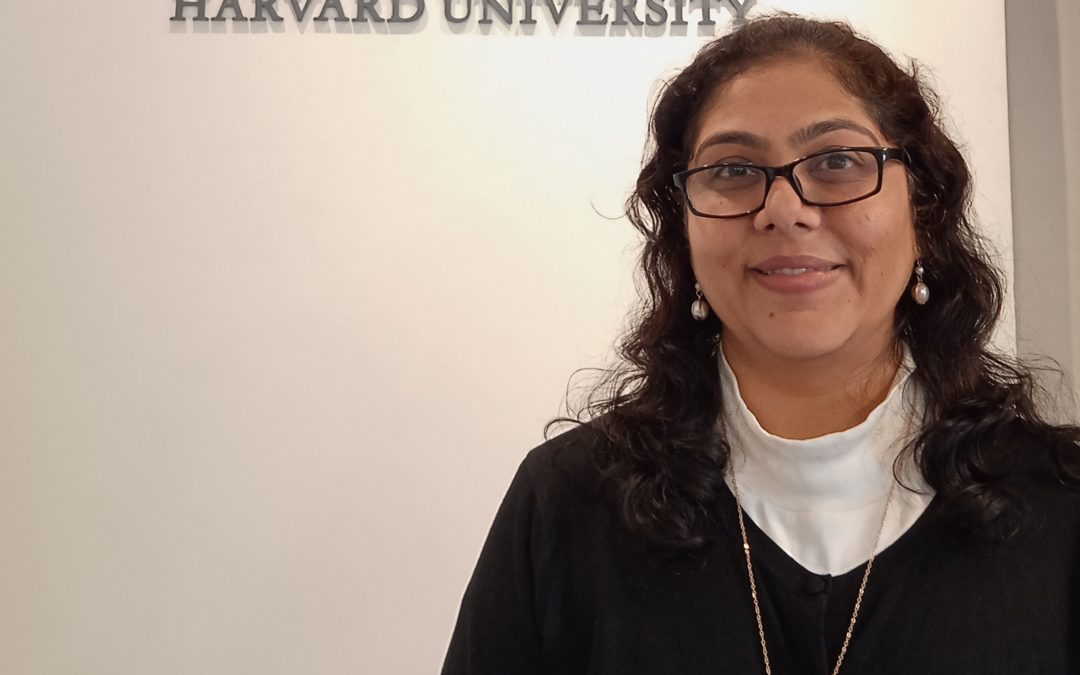
We are pleased to welcome Monika Setia as she joins the Lakshmi Mittal and Family South Asia Institute as Associate Country Director in the India office. Monika will assist with building bridges between Harvard and India related to research in and about the region. She will play an instrumental role in increasing LMSAI’s presence in India through coordination with stakeholders in the region. Monika will also be working closely with the Harvard LMSAI office to support Harvard faculty visiting India, building partnerships with academic institutions and support ongoing Harvard faculty research and all endowed fellowships.

